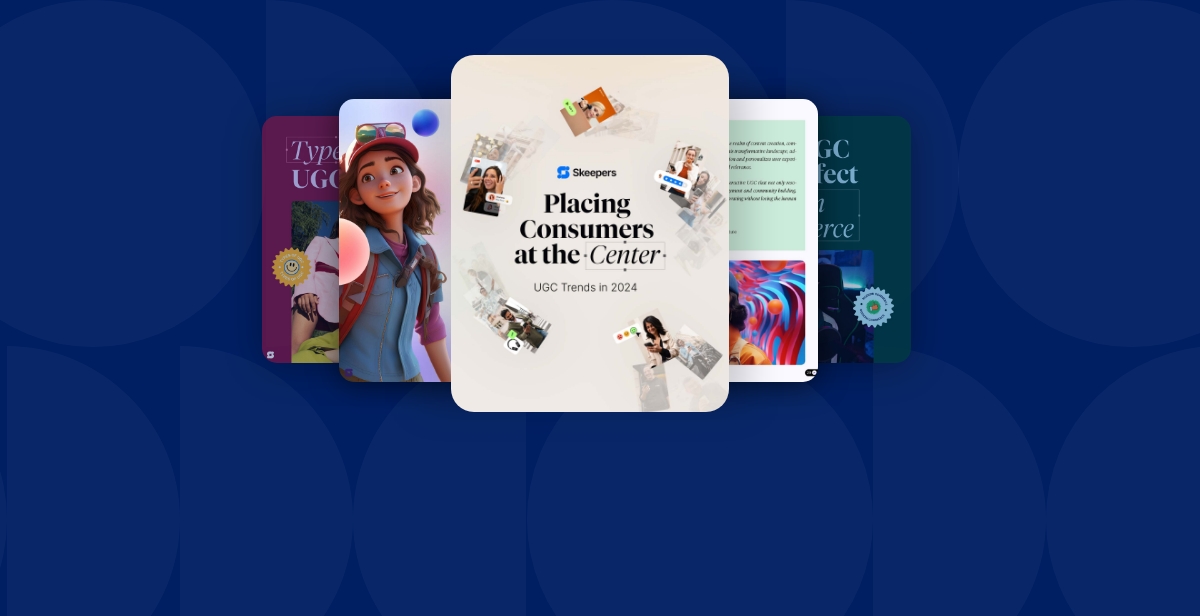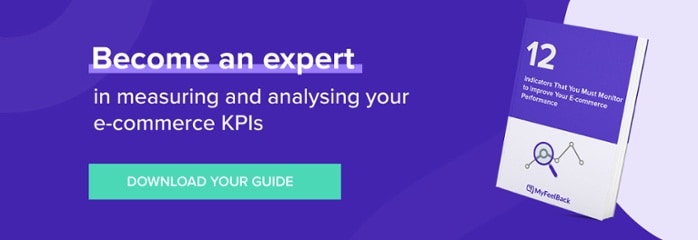For an online business to succeed today, it cannot just be customer-centric; it must be customer-obsessed. Because customers have more access to information concerning your product or service’s quality, price, and reputation, information previous generations could have only dreamed of, you have no choice but to work harder to differentiate yourself as a market leader,...
For an online business to succeed today, it cannot just be customer-centric; it must be customer-obsessed.
Because customers have more access to information concerning your product or service’s quality, price, and reputation, information previous generations could have only dreamed of, you have no choice but to work harder to differentiate yourself as a market leader, providing your customers with added value, specifically the promise and delivery of a superior customer experience.
Therefore, it should come as no surprise that a one-size-fits-all approach to customer service is not going to work if you are truly going to set yourself apart from your competition. The only way to appeal to your customers is to deliver an experience that is personal and meaningful, an experience based on knowledge of what your customers like and don’t like, their behavior across multiple channels, their buying and browsing history, and other predictive data.
There is no question that working with customer data to create a tailored customer experience works:
- Customer experience leaders are 16% more likely than their competitors to see an increase in customers’ willingness to buy, reluctance to switch brands, and likelihood to recommend.
- 66% of customer experience officers cite 2016 as the year they put more focus on customers as individuals, recognizing the importance of quality data in identifying customers’ needs, wants, and preferences.
- 73% of consumers prefer to do business with brands that use personal data to make their shopping experiences more relevant.
Analyzing data collected across all channels presents the clearest picture of what kind of experience best suits a particular customer, providing your business with the distinct advantage of being able to adjust sales, marketing, and customer service strategies to meet the exact needs of the individuals you do business with.
In other words, data ensures you are providing the right customer experience throughout the entire journey, starting from brand awareness all the way through post purchase support. Here’s how.
1/ Better understand your target market
Your business cannot be all things to all customers. Instead, you must reach out to specific customers whose needs you are best prepared to meet. Data will help you identify who those customers are and how you can align your products or services to their needs. When you know who your most valuable customers are, you are in a better position to send personalized marketing emails which see, on average, a 119% greater click-through rate than “business-as-usual” mass marketing emails.
2/ Solve customer problems more efficiently
High-performing companies are 2.5 times more likely to regularly collect customer data in order to ensure the smoothest possible customer journey and, therefore, ensure higher levels of customer satisfaction. When a business proactively delivers customer care, they establish a clear point of differentiation that reinforces the company’s brand identity and provides greater customer value.
3/ Improve your customer service
According to an American Express survey, 78% of customers have bailed on a transaction or not made an intended purchase because of a poor customer service experience. If you can use data to identify early on common friction points in your experience, you can fix underlying problems, increasing your customer retention levels.
4/ Ensure greater customer loyalty
More than half of the annual revenue for 61% of small business owners comes from repeat customers. Considering the importance of loyal customers, businesses increasingly turn to customer data to provide a high-level of customer service which ensures customers have no reason to leave them for a competitor. With information at hand concerning your customers’ demographic profiles, transaction histories, and preferred channels, you will be better positioned to offer an experience no competitor can touch.
5/ Make post-purchase recommendations
To have more loyal customers and maintain brand loyalty, you must engage your customers post-purchase. One way to do this is via cross-selling and up-selling, offering customers related or similar but higher-end products which are, according to one study, responsible for an average of 10-30% of ecommerce revenues. Data will enable you to provide your customers with relevant offers, making it easier for them to work with you.
For all of these reasons, it’s no wonder why so many businesses are obsessed with gathering customer data. The ability to connect with customers on a whole new level increases your chances of selling to the right customers, simplifies every customer interaction, and ensures you are maintaining strong brand loyalty.
We live in a data-obsessed age, where even the tiniest insights into consumers can yield huge results for ecommerce businesses. Consequently, you should access available customer data, and learn to use it in the most effective way. To see the greatest results, you, too, must make data an essential part of your day-to-day business operations.








